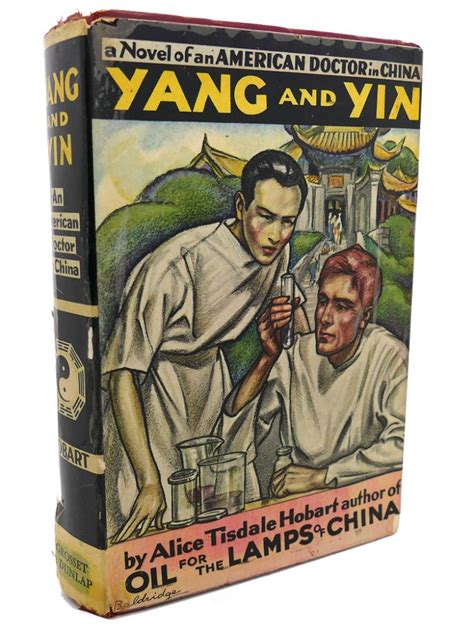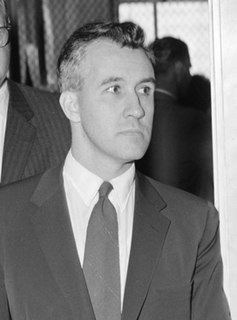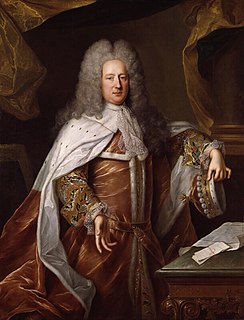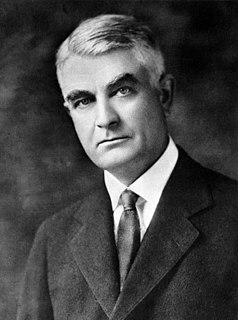A Quote by H. L. Mencken
Hygiene is the corruption of medicine by morality. It is impossible to find a hygienist who does not debase his theory of the healthful with a theory of the virtuous. ... The aim of medicine is surely not to make men virtuous; it is to safeguard them from the consequences of their vices.
Related Quotes
The theory of medicine, therefore, presents what is useful in thought, but does not indicate how it is to be applied in practice-the mode of operation of these principles. The theory, when mastered, gives us a certain kind of knowledge. Thus we say, for example, there are three forms of fevers and nine constitutions. The practice of medicine is not the work which the physician carries out, but is that branch of medical knowledge which, when acquired, enables one to form an opinion upon which to base the proper plan of treatment.
Learning is a good medicine: but no medicine is powerful enough to preserve itself from taint and corruption independently of defects in the jar that it is kept in. One man sees clearly but does not see straight: consequently he sees what is good but fails to follow it; he sees knowledge and does not use it.
If you are proud of your descent from virtuous ancestors, how empty their virtue will leave your hands if you yourself are not virtuous. How little pride your ancestors will have in you in this world and the next if you do no good! All men are children of Adam whom Allah created by His own Hands, giving him paradise for a dwelling place and letting His angels bow down before him. But how little is the advantage from this since all the vices dwell in mankind and all the wicked impious people are among their number.
Men follow their sentiments and their self-interest, but it pleases them to imagine that they follow reason. And so they look for, and always find, some theory which, a posteriori, makes their actions appear to be logical. If that theory could be demolished scientifically, the only result would be that another theory would be substituted for the first one, and for the same purpose.
Catastrophe Theory is-quite likely-the first coherent attempt (since Aristotelian logic) to give a theory on analogy. When narrow-minded scientists object to Catastrophe Theory that it gives no more than analogies, or metaphors, they do not realise that they are stating the proper aim of Catastrophe Theory, which is to classify all possible types of analogous situations.



































